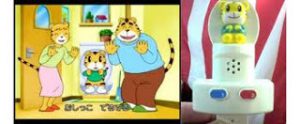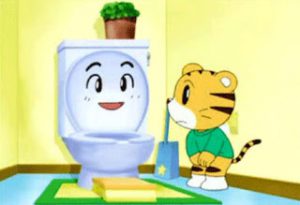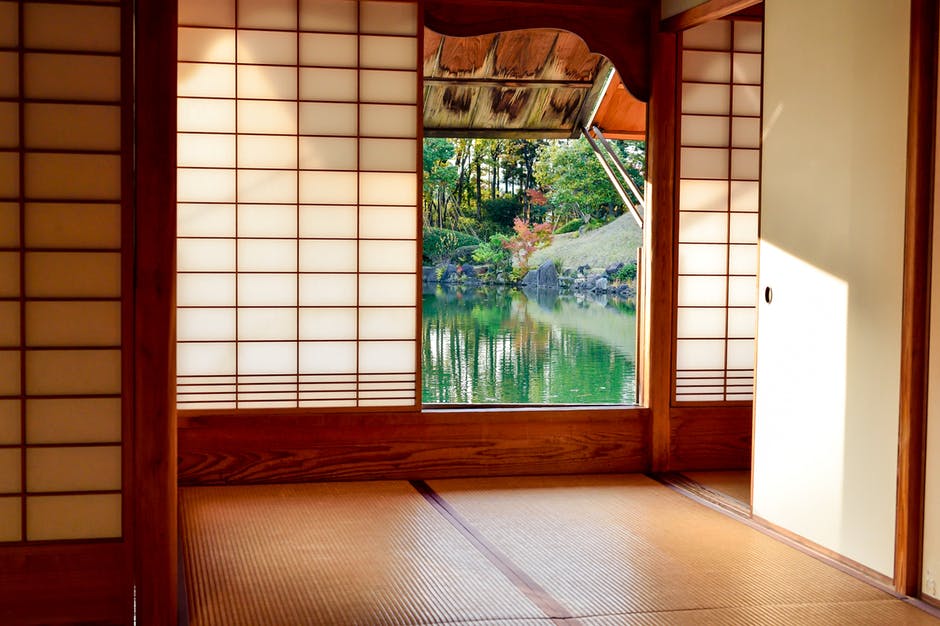Baby Potty Training- Check Out Japanese Style.
How do they potty train in Japan?
It is so interesting learning about all the different techniques to potty train our children, but what is really interesting is discovering all the different ways cultures from all over the world handle this subject.
We saw in my last post how children in Malaysia are potty trained very early compared to the ages most people start potty training here in the United States. As we are discovering, children can learn things much earlier than we believed possible because much of learning depends upon your environment and observation, patience, and learning techniques known to parents to teach their children with. While it may seem unconventional to start potty training at an early age, it’s important to consider the potential benefits and challenges involved. Early potty training requires dedication and consistency but can lead to long-term advantages such as decreased diapering, fewer accidents, and a smoother transition for both the child and the caregiver. Every child is different, so what works for one may not work for another. However, if you are intrigued by the idea and feel it aligns with your child’s needs, it may be worth exploring. Remember, patience and understanding your child’s unique pace are key factors in this journey of early potty training.

Here in this video from Japan, animation and children’s television watching is used to reinforce and teach children about using the potty . Colorful animated characters, catchy little songs, visual aids and games are incorporated into potty training. Whereas in America, one would not readily see a potty training segment on Sesame Street or an animated video about potty training in the video section of Best Buy, it is used in Japan to reinforce the concepts for potty training success. There is a strong emphasis placed on washing hands afterward. From what I have observed in the adult public bathrooms when I am out at times, some adults have forgotten this important part of “going to the potty”.
Early potty training refers to the practice of initiating potty training with a child at a younger age than is currently deemed socially or culturally acceptable. Historically, children were often trained much earlier, especially before disposable diapers became widely used. The definition of “early” in potty training has evolved over time due to changes in societal norms, such as a higher prevalence of dual-income households, increased time spent outside the home, and the utilization of childcare services. The effectiveness of early potty training may vary depending on factors like the amount of time spent at home and consistency of caregiving. It’s important to understand that early potty training is not a rigid concept and should not be seen as a competition to see who can achieve it the fastest. Different regions and cultures may have varying perspectives on what qualifies as early potty training, with some places still adhering to traditional practices that begin the training process at a much younger age compared to mainstream modern society.

.
Click Here to Discover Potty Training Success!
P.S. Would you use a video like this to help with potty training? Would you want a segment about potty training on children’s television?
Here is an English potty training video from Pocket PreSchool. What do you think?
Please share with us in the comments…
P.P.S. Share my posts and spread the tips here with your friends. All the best. 🙂


What a great article
My grand daughter who is just 2 years old like her pampers but she is coming to visit my with my daughter next week. And the video what you shared will be first thing what I show them.
This is such an amazing article, we definitely try your tips and trick next week with my angel. I am so looking forward…
Hi Marty,
I am so glad you found my article helpful and that you enjoyed the videos. A great resource for more videos and games for potty training is http://pottytime.com I’m sure your grand-daughter will like them. Best wishes for a successful potty training adventure. Let us know how it goes. 😉
I am looking forwards to to this with my child in the future (I still haven’t got a child). This shows that the child is getting older.
At least you will not have to change his/hers Pampers anymore 🙂
I love you post and especially the video, really cute 🙂
Thanks for stopping by my blog to comment. I like the video in Japanese where they show the little poop going down the toilet. ha ha. Cute. Please keep in mind my potty training blog for your friends and family that do have children, now and for you in the future. Have a super day!
Delois
This is one thing that all parents look forward to and that is potty training your little ones. This is a clear sign to show that they are getting older which I believe is pretty cool.
Also when a child begins to potty train you will be able to save a few $$$$ on not having to buy pampers
The video is really good and I am sure that many parents will love your post.
Thanks Norman. Yes potty training is a time we parents look forward to but even though we are glad this step means they are on the road to independence, it goes by quickly. We look up and they are all grown up and have “potty trainees” of their own 🙂
This is really interesting. I never thought about other countries having different potty training methods so I’m really glad you shared this. Do you know if there is an English version of the first video, or one with English subtitles? If there is I would be very interested in it.
Hi Briana. I’m glad you found this post interesting. I love to find out how different cultures experience child development and family life. There was an English dubbed version of the video but YouTube removed it for “copyright” problems. Thanks for commenting.